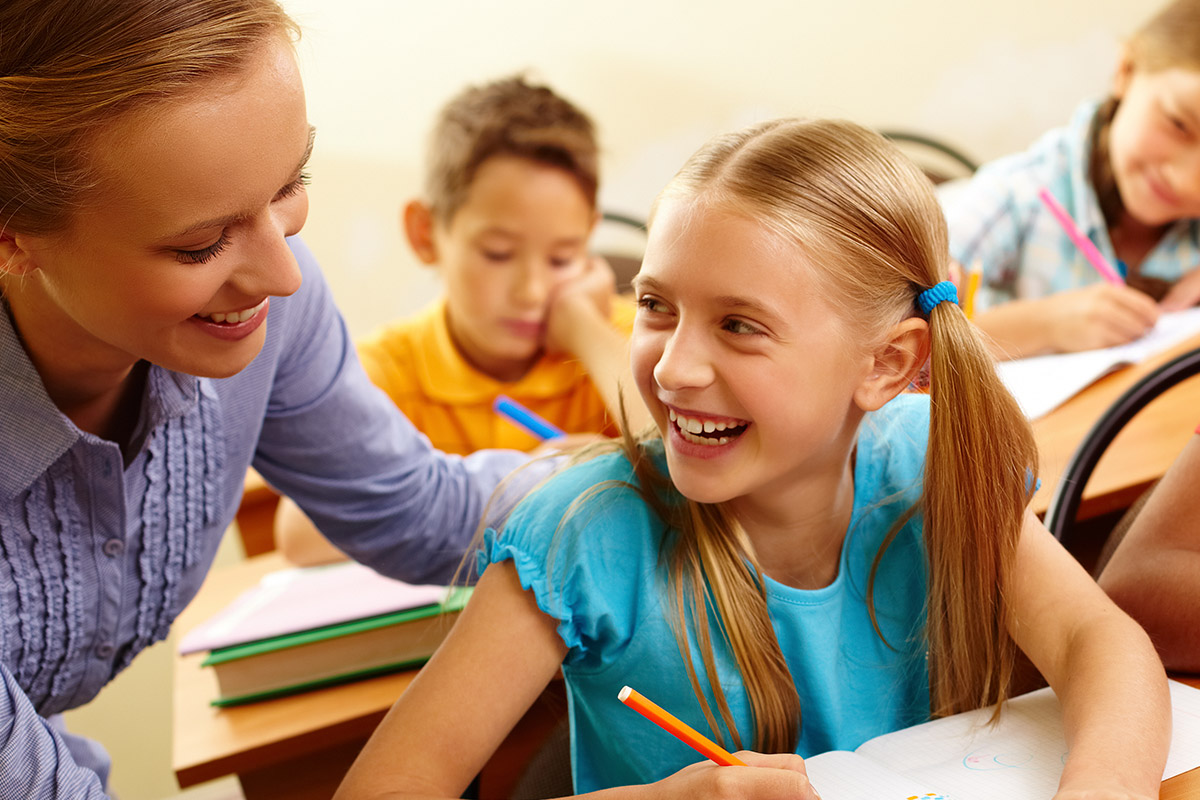Currently Empty: ₹0.00
Child Development
Do You Play Well With Other Children?

Do You Play Well with Other Children? The Lifelong Impact of Learning to Collaborate
Introduction: The Simple Question That Reveals So Much
“Do you play well with other children?” is a question most of us have heard at some point during our childhood. What seems like an innocent inquiry into playground behavior is, in fact, a deep reflection of our social skills and emotional development. Whether on the swings, building sandcastles, or collaborating on a school project, these early interactions lay the groundwork for many of the qualities we carry into adulthood.
At first glance, playing with other children might seem trivial—something all kids do. But, in reality, these early social experiences have far-reaching implications. They teach us how to navigate the complexities of human relationships, cooperate, resolve conflicts, share, and understand the feelings of others. In this blog, we’ll explore what playing well with others as children really means, how it affects adult life, and why it’s a critical skill worth nurturing at every stage of life.
1. The Early Years: Play as a Learning Tool
1.1 The Playground as a Classroom
For young children, the playground isn’t just a space for fun; it’s a classroom. Play teaches kids how to share resources (toys, space, time), negotiate roles, and navigate social hierarchies. When kids play together, they learn about give and take. One child might lead a game one day, and the next, another child takes charge. These moments are early introductions to leadership, followership, and compromise.
Through play, children also learn how to follow rules, whether it’s the structured rules of a game or the unspoken rules of social engagement. Playing well with others involves understanding fairness, reciprocity, and empathy. When kids push each other too hard or refuse to take turns, they receive immediate feedback from their peers, helping them adjust their behavior for smoother interactions in the future.
1.2 Learning Empathy Through Shared Experiences
Empathy—the ability to understand and share the feelings of another person—is one of the most important qualities developed through childhood play. When a child sees a peer upset because they didn’t get their turn on the swing, they begin to grasp the emotional impact of their actions. Over time, these interactions teach kids to consider others’ emotions and perspectives, a skill that becomes invaluable in adult relationships, whether personal or professional.
2. Conflict Resolution: The Skill of Handling Disagreements
2.1 The Importance of Conflict in Childhood
Conflict among children is inevitable, and rather than avoiding it, learning how to navigate these conflicts is essential. Whether it’s a disagreement over the rules of a game or who gets the last cookie, childhood arguments are opportunities for growth. Children learn to articulate their feelings, listen to opposing views, and find mutually agreeable solutions.
As adults, we continue to experience conflicts in various forms—at work, in friendships, and in romantic relationships. The way we learned to handle conflict as children often shapes how we address disagreements later in life. Kids who learned to manage disputes with respect and compromise tend to grow into adults who handle workplace conflicts or family disagreements in a healthy and productive way.
2.2 Managing Emotions During Conflict
Another key element of conflict resolution is emotional regulation. Children who learn to keep their emotions in check during arguments—whether that means not throwing a tantrum when things don’t go their way or not lashing out when they’re upset—develop emotional intelligence that serves them well in adulthood. Emotional regulation is the backbone of resilience, allowing us to navigate the inevitable challenges and setbacks that life presents.
3. Teamwork and Cooperation: The Foundations of Collaboration
3.1 Collaborative Play Builds Teamwork
One of the most important lessons we learn on the playground is how to work together towards a common goal. Whether it’s building a sandcastle or playing on the same soccer team, kids practice teamwork when they play. They learn that sometimes their individual desires need to be set aside for the greater good. The ability to work within a group, communicate effectively, and contribute to a shared objective is a critical skill that extends into adulthood, especially in professional settings.
3.2 Developing Trust and Reliability
Playing well with others also fosters a sense of trust and reliability. Kids come to understand that if they promise to do something in the context of a game—like passing the ball to a teammate or taking turns with the jump rope—they need to follow through. Building this kind of trust early on sets the foundation for responsible behavior later in life, whether that means meeting deadlines at work or being a dependable friend.
4. The Role of Play in Cognitive Development
4.1 Problem-Solving Skills
Play isn’t just about social and emotional development—it also boosts cognitive abilities. Games often involve problem-solving, critical thinking, and strategy. Whether children are building a tower of blocks or figuring out how to win a game of tag, they are constantly exercising their brains. Playing with others adds a layer of complexity to these cognitive challenges, as kids must also consider the perspectives, actions, and reactions of their peers.
4.2 Creativity and Innovation
Group play often sparks creativity. When children play together, they invent new games, create imaginary worlds, and come up with unique ways to overcome challenges. This kind of collaborative creativity encourages innovation—a skill highly valued in today’s fast-paced, ever-evolving world. As adults, those early experiences of imagining and problem-solving with others fuel our ability to think outside the box in our personal and professional lives.
5. The Social Circle: Building Friendships and Navigating Social Dynamics
5.1 Forming Friendships
One of the primary outcomes of playing well with others is the formation of friendships. Childhood friendships teach us about loyalty, trust, and companionship. These early bonds are often forged in shared activities and mutual interests, and they provide a safe space for practicing social skills. Kids who learn to develop meaningful relationships on the playground often grow up to value deep connections in their adult lives.
5.2 Understanding Social Dynamics
While childhood friendships are a key part of playing well with others, they also expose children to the complexities of social dynamics. Kids quickly learn that not everyone is equally friendly, and navigating the sometimes tricky waters of peer relationships—like dealing with exclusion or learning to assert oneself—is a valuable skill. These experiences help children understand how to manage social hierarchies, an understanding that’s equally important in adult environments, from the workplace to social circles.
6. The Lifelong Benefits: Translating Play Skills into Adult Success
6.1 Social and Emotional Intelligence
The skills learned on the playground carry over into adulthood, contributing to emotional intelligence (EQ). EQ, or the ability to recognize and manage your own emotions while also empathizing with others, is critical for building successful relationships, whether at work, at home, or in the community. Adults who “played well with others” as children are often better at managing interpersonal relationships, leading to stronger professional networks, happier personal lives, and greater emotional resilience.
6.2 Professional Success Through Teamwork and Collaboration
In the professional world, the ability to collaborate, negotiate, and resolve conflicts is highly valued. Many of the skills we associate with good leadership—such as empathy, active listening, and the ability to motivate a team—are honed during childhood play. Adults who learned to play well with others as kids are more likely to succeed in roles that require teamwork, leadership, and cooperation.
6.3 Lifelong Friendships and Community Building
Finally, the friendships formed through play in childhood lay the groundwork for a lifetime of meaningful connections. Adults who continue to foster these social skills often build strong, supportive communities around them, whether through family, friends, or professional networks. Playing well with others teaches us how to be inclusive, supportive, and understanding—qualities that make for lasting relationships and a fulfilling life.
7. Encouraging Children (and Adults) to Play Well with Others
7.1 Teaching Through Play
As parents, educators, or caregivers, we can nurture the ability to play well with others by providing children with opportunities for group play and cooperative activities. Encouraging children to engage in both structured and unstructured play helps them practice important social skills in a low-stakes environment. Simple activities like board games, team sports, or even collaborative art projects can teach children about sharing, teamwork, and empathy.
7.2 Modeling Positive Behavior
Children often learn by watching the adults around them. If we model positive social behaviors—such as showing respect, actively listening, and handling conflicts gracefully—children are more likely to adopt these behaviors themselves. By demonstrating how to play well with others, we not only teach children valuable skills, but we also reinforce those behaviors in our own lives.
Conclusion: The Lifelong Importance of Playing Well with Others
“Do you play well with other children?” might seem like a question confined to childhood, but the skills we develop through early social interactions are crucial throughout our lives. From building friendships and resolving conflicts to working as part of a team and navigating complex social dynamics, the ability to collaborate, empathize, and engage with others forms the foundation for success and happiness in both our personal and professional lives.
Whether you’re a child on the playground or an adult in the workplace, playing well with others is a skill worth cultivating. The lessons we learn from these interactions—about teamwork, conflict resolution, emotional intelligence, and creativity—are as valuable in adulthood as they are in childhood.




